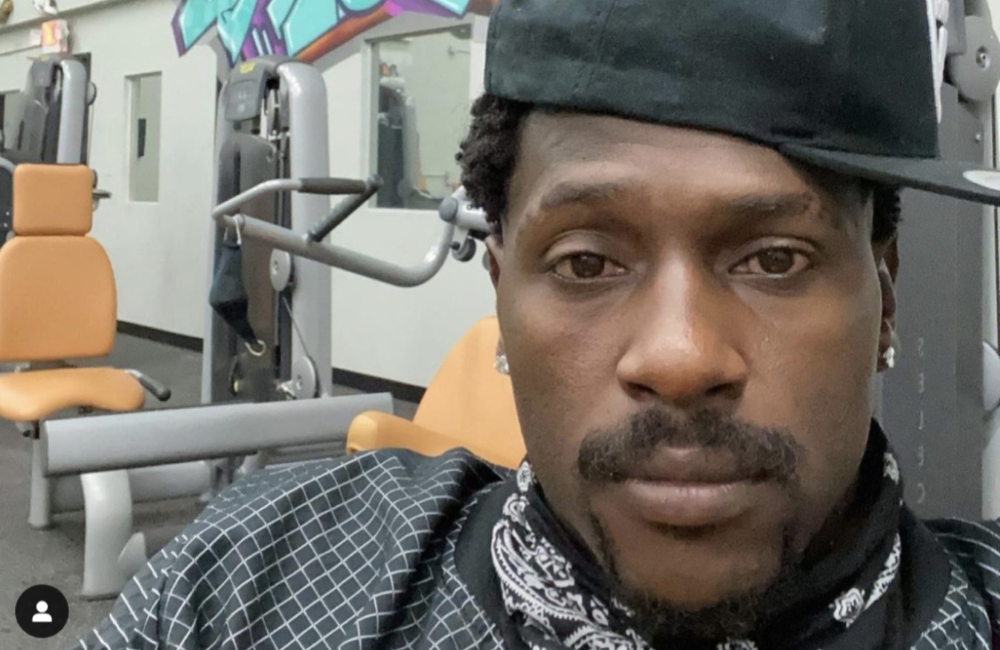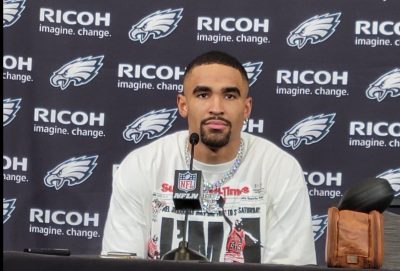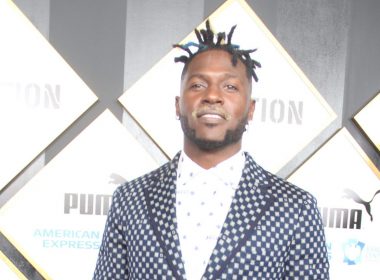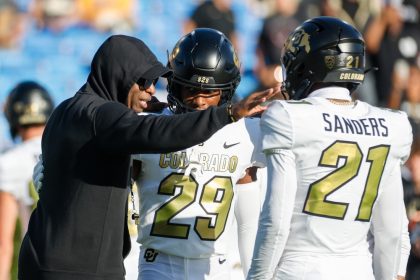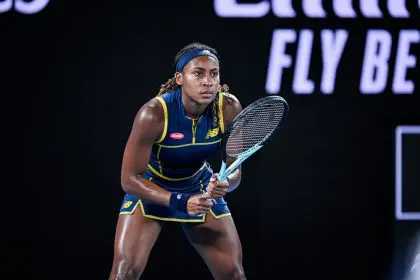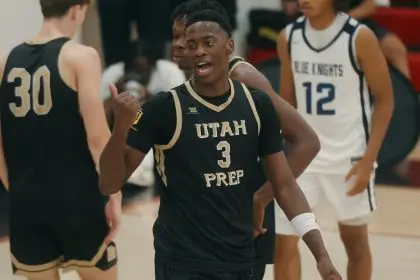Antonio Brown has thrust himself into the spotlight with a scathing social media assault targeting football legend Deion Sanders and his sons Shedeur and Shilo. The former NFL wide receiver’s explosive tirade has ignited fierce debate throughout the sports community, highlighting the fragile nature of mentorship relationships and the potentially destructive power of public disputes in professional athletics.
Brown’s controversial outburst arrives amid his increasingly turbulent post-playing career, characterized by unpredictable behavior and confrontational stances toward former colleagues. His latest grievances directly challenge Sanders, who has transitioned successfully into his role as head coach at Colorado University while mentoring his sons toward professional football careers. The timing of Brown’s attack raises questions about underlying motivations and potential long-term consequences for all parties involved.
The alleged fishing incident that sparked controversy
At the center of Brown’s complaints lies a fishing excursion that allegedly resulted in physical injury. According to Brown’s detailed account on X (formerly Twitter), Sanders demonstrated negligence after a fishing hook became embedded in Brown’s toe during their outing. Brown claims Sanders removed the hook using pliers rather than seeking medical assistance and subsequently failed to inquire about Brown’s recovery or well-being in the aftermath.
The fishing narrative appears to represent a pivotal moment in their deteriorating relationship, with Brown presenting it as evidence of Sanders’ indifference toward his welfare. This characterization stands in stark contrast to Sanders’ carefully cultivated public image as a supportive mentor and positive influence within the football community. Brown’s description suggests a fundamental disconnect between Sanders’ public persona and his private treatment of colleagues.
ANTONIO BROWN POSTED THAT DEION SANDERS GOT A FISHHOOK STUCK IN HIS TOE AND REMOVED IT WITH PLIERS WHILE THEY WERE ON A FISHING TRIP.
😭😭😭
WILD STORY. pic.twitter.com/EJ7tmfQGlT
— MLFootball (@_MLFootball) May 4, 2025
Training relationship and criticism of Sanders’ sons
Brown‘s criticisms extend beyond Deion to encompass his sons’ athletic abilities and professional prospects. The former Pittsburgh Steelers star claims to have dedicated significant time to training both Shedeur and Shilo Sanders between 2014 and 2020 at Deion’s request, suggesting an established mentorship role that has since soured dramatically.
His assessment of their talents proved particularly harsh, with Brown dismissing quarterback Shedeur’s comparisons to NFL star Cam Newton as grossly exaggerated. Brown reinforced his criticism by sharing video content allegedly showing him outperforming Shilo Sanders in speed drills and mocking Shedeur’s passing accuracy with claims he was throwing to a ghost during practice sessions. This performance critique takes on added significance given Shedeur’s recent NFL draft experience.
Draft implications and professional repercussions
The timing of Brown’s public attack coincides with a critical juncture in Shedeur Sanders’ developing career. Once projected as a potential top NFL draft selection, Shedeur unexpectedly fell to the fifth round before being selected by the Cleveland Browns. While numerous factors influence draft positioning, Brown’s public criticisms potentially contributed to changing perceptions around Shedeur’s abilities and readiness for professional competition.
This scenario highlights the potentially damaging impact of public disputes between established professionals and emerging talents. Draft analysts and team executives closely monitor not only athletic performance but also character assessments and relationship dynamics when evaluating prospects. Public endorsements or criticisms from established NFL figures can significantly influence these evaluations, potentially altering career trajectories.
Sanders’ measured response to public hostility
Despite the inflammatory nature of Brown’s comments, Deion Sanders has maintained his characteristic composure in response. Rather than engaging in retaliatory rhetoric, Sanders published a conciliatory message expressing continued support for Brown despite their apparent differences. His social media response emphasized love and prayer for Brown, strategically avoiding escalation while reinforcing his reputation as a mature and stabilizing presence.
Sanders‘ approach represents a studied contrast to Brown’s confrontational style, potentially serving as a teachable moment for his sons regarding professional conduct and conflict management. Neither Shedeur nor Shilo has publicly addressed Brown’s criticisms, following their father’s example of restraint in the face of provocation. This collective silence potentially strengthens their position while allowing Brown’s comments to stand unvalidated.
Broader implications for mentorship in professional sports
This high-profile dispute illuminates crucial dynamics within athletic mentorship relationships, particularly within the African American sporting community. Successful mentorship requires mutual respect, clear boundaries, and continuous commitment from both parties. When these relationships fracture publicly, the consequences extend beyond personal feelings to impact professional opportunities and community perceptions.
As this situation continues evolving, it serves as a powerful reminder of communication’s importance within sporting relationships. The interconnected nature of professional sports creates lasting impressions that influence career opportunities and public perception, underscoring the need for thoughtful engagement even during periods of disagreement or conflict.

